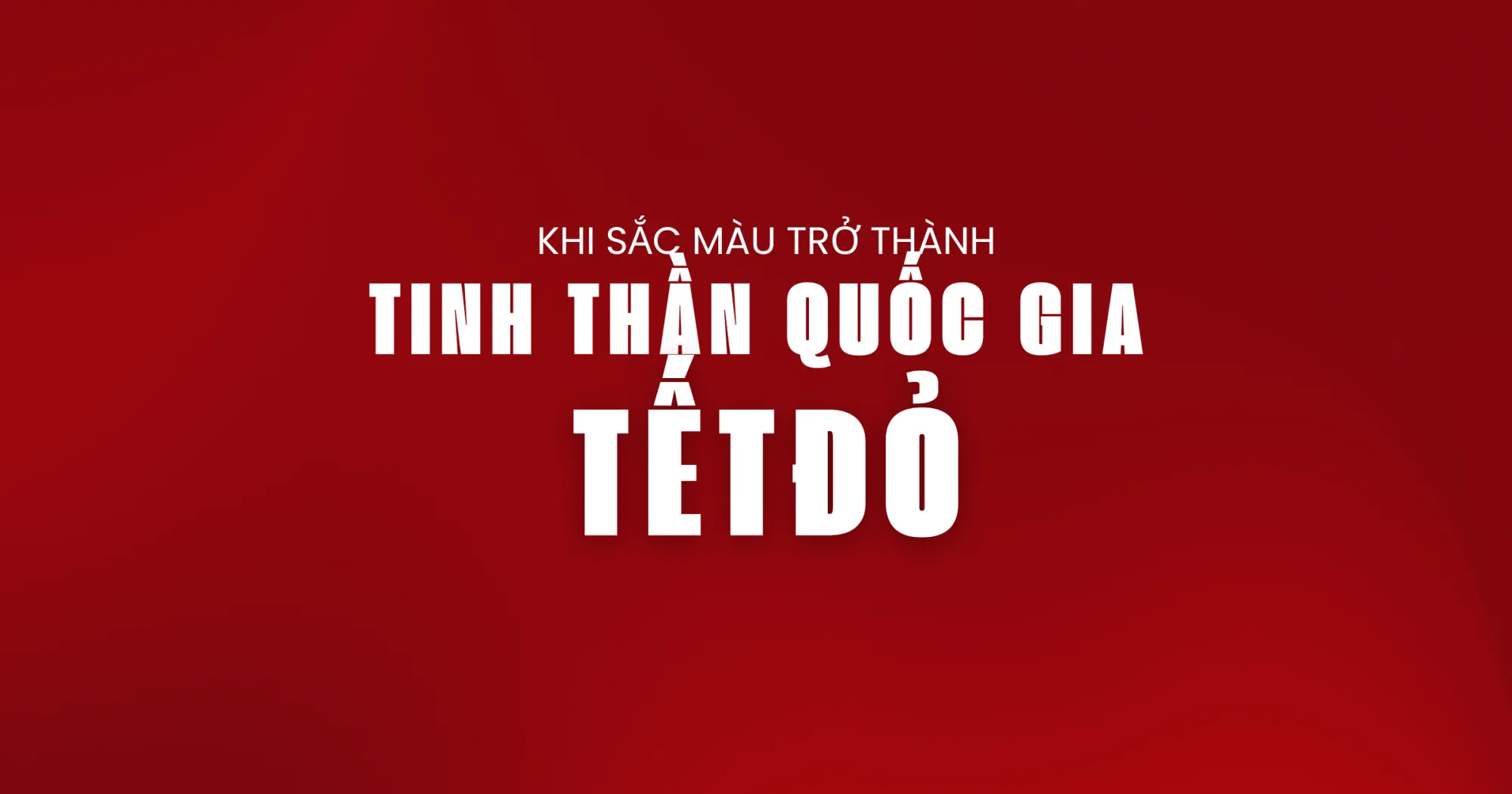In my role as a strategy consultant, I often meet many businesses, from startups to corporations, who are confused when talking about “strategy”. Many people use the word “strategy” arbitrarily, leading to unrealistic and lifeless plans and ultimately failure.
So how do you recognize a good strategy? Where does a bad strategy lie? And more importantly, who should ask the questions, who should answer, and how long should the answers take?
Criteria for evaluating a good strategy
A strategy is considered good if it meets the following criteria:
- Clear and focused: The strategy must focus on priority goals, not too rambling, causing dilution of resources.
- Realistic and feasible: In line with the existing capacity of the business and the market context.
- Long-term orientation but flexible: Having a vision for sustainable development, but also being able to adjust when the environment changes.
- Creating a clear competitive advantage: Not simply following competitors but exploiting unique strengths.
- Understood and agreed upon throughout the organization: From the leadership to the implementation team, everyone understands their roles and tasks.
- Having specific measurement indicators: To check effectiveness and make timely adjustments.

What are the signs of a bad strategy?
On the contrary, a bad strategy often has the following characteristics:
- Vague, rambling, no focus: The goal is too broad, lacking clear priorities.
- Unrealistic or too ambitious compared to capacity and resources.
- Unable to predict risks and have no plan to handle them.
- Not clearly communicated to the implementation team: Leading to people working in a disjointed, disoriented manner.
- Unable to measure effectiveness or have no mechanism to check and evaluate.
- Not creating a competitive advantage: Or copying without innovation.

Who is asking the strategy questions?
This is a point that many businesses often overlook. Strategy evaluation cannot be done by one person or one department alone without interaction:
- The first questioner is the Business Owner/Senior Management: They must understand the importance of strategy, proactively ask important strategic questions about direction, goals, resources and risks.
- Next is the consulting team or strategic planning team: They ask in-depth questions, analyze internal and external factors more thoroughly.
- Middle management and implementation team: They ask questions about how the strategy will be applied, adjusting to suit the reality.

Who should answer?
- Business owners and senior management: Answer questions about vision, mission, long-term goals, resource allocation.
- Strategic planning team and consultants: Answer questions about market analysis, competitors, opportunities – challenges, and propose strategic options.
- Management level and implementation department: Answer questions about implementation, adjustment and feedback on actual effectiveness.
- Answering must be an interactive process, not just “reporting” but must include criticism and discussion to ensure practicality and consensus.

How long does it take to answer?
- Strategy development phase: This process should not be rushed. A good strategy usually takes 4-12 weeks depending on the size and complexity of the business. Answering questions must allow enough time to analyze data and consult with many stakeholders.
- Strategy evaluation and adjustment phase: This is a continuous, periodic process (e.g. every quarter or every year) to answer questions about effectiveness and make timely adjustments.
- Strategy questions should not be answered quickly and hastily because it will lead to errors and lack of depth. However, it should not be delayed too long, causing the strategy to become outdated or lose opportunities.

Business owner – the ultimate decision maker
Strategy is not a plan that is written down and then left in a closet. It is the result of a process of asking the right questions, answering them thoroughly and constantly adjusting.
- Business owners must proactively ask questions and take responsibility for the final decision.
- Consultants and strategic planning teams are companions, providing analysis, warnings and recommendations.
- Management and implementation teams help turn strategy into action.

Hiring an expert doesn’t mean you have a good strategy, but it’s important that the business owner knows how to ask the right questions, listen carefully and be decisive.
If you need advice on building or evaluating a strategy for your business, don’t hesitate to ask questions of the team of experts, but remember, the decision still belongs to you, the person who knows your business best.












